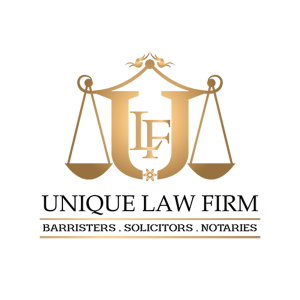Looking for a reliable and efficient Notary Public? Look no further than Unique Law Firm! Our experienced Notary Public is here to help with all your notarization needs. We are committed to providing you with efficient and professional services, and we are always available to answer your questions and provide guidance.
Our Notary Public is available to travel to your location, so you can get your documents notarized conveniently and quickly. Contact us today to learn more about our notary services and schedule an appointment.
What is the role of a Notary Public?
A Notary Public is an official authorized to authenticate documents. Their primary function involves confirming the legitimacy and signing of significant papers such as wills, trusts, power of attorney documents, deeds, contracts, licenses, loan agreements, and affidavits.
WHAT ARE THE RESPONSIBILITIES OF A NOTARY?
Notaries service as governmental witnesses for crucial document signings. If you possess vital documents that need validation or legalization, seeking notarial services is vital. Enlisting a notary public to witness signatures also acts as a deterrent against identity theft and fraud. Essentially, the notarization process adds an extra layer of safeguarding and verification, reducing the risks of forgery and enhancing credibility.
A notary, also known as a notary public, is a public official appointed by the local government to act impartially as an observer during significant document signings. For individuals seeking document notarization, many banks and credit unions employ notary publics.
If you’re curious about the process and significance of document notarization, you’ve come to the right place. Continue reading to understand the importance of having your documents notarized.
To notarize a document, a Notary Public must:
- Possess a valid certificate proving their appointment.
- Sign the document using ink.
- Apply their seal or stamp, including their full name.
- Clearly state the action they performed.
- Indicate the date of notarization.

Best Manager Attornies
WHAT IS INVOLVED IN THE NOTARIZATION PROCESS?
Here’s what you can expect when you require a document to be notarized:
- All involved parties must be physically present.
- The document is reviewed to ensure it specifies the required type of notarization and adheres to the state’s regulations.
- The notary verifies the identity of the signatories. How does a notary verify identity? This can be based on personal recognition, presentation of identification documents, or the testimony of a reliable witness who can confirm the signer’s identity.
- In certain regions, notaries might be obligated to maintain specific records of their notarizations.
Notaries witness the signing of essential documents and validate the signatory’s identity, their comprehension of the document’s contents or the transaction, and their willingness to proceed with the signing.
To become a Notary Public in Canada, individuals must meet established integrity and eligibility criteria. Notaries public offer legal services including:
- Administering statutory declarations and affidavits.
- Providing notice of foreign drafts.
- Protest notes and bills of exchange.
- Confirming acknowledgments of property conveyances such as deeds.
WHAT ARE THE ROLES OF A NOTARY?
As an official representative of the province, a notary contributes to fraud prevention. By witnessing document signings and administering oaths, the notary ensures willing participation and proper execution of tasks.
Notaries are limited to working within the state of their appointment, and their responsibilities encompass:
- Administering oaths and affirmations in court proceedings and during officials’ swearing-in ceremonies.
- Maintaining accurate records of their activities as mandated by the state.
- Conducting depositions and affidavits if they hold that specialization.
- Conducting marriage ceremonies in jurisdictions where it’s permissible.
What is the Significance of Notarizing a Document?
Put simply, notarizing a document involves a Notary Public, an impartial third party, verifying the authenticity of your identity and the signature on the documents.
This process acts as a deterrent against fraud, confirming the signatory’s identity, the authenticity of the document, and the validity of the signature. Having a document notarized is comparable to making a sworn statement in a court of law, attesting that the facts within the document or transaction are true.
WHEN IS A NOTARY NEEDED?
Different provinces have varying regulations regarding the activities or transactions that require notarization. Some provinces might recommend notarization for specific tasks but not make it mandatory. Notarizations are commonly involved in matters concerning local government, legal proceedings, and official oaths. Instances where a notary might be needed include drafting a will, appointing a power of attorney, certain banking documents, or medical records.
How Notarization Functions
In essence, notarization entails a notary public confirming the identity of the signer and the timing of their signature on a document. If you’re the one signing the document, you must meet the Notary Public in person to establish your identity. The notary will then record the identification details.
As the signer of the document, you also need to demonstrate that you comprehend the content and purpose of the document. The notary must verify your mental clarity to understand what you’re signing and confirm your legal capacity to do so.
The notary public also has the responsibility of ensuring your willingness to sign. They must ascertain that your signature is voluntary and not coerced. Additionally, you will be required to affirm that every statement within the document is accurate and true. If the notary public identifies any issues with the signer or the document, they cannot proceed with notarization.
Online Notary
Initially, physical presence was required for a document to be notarized in the presence of a notary public. However, this requirement has evolved, allowing for online notarization.
An online notary is a notary public authorized by the state government to conduct remote notarizations through audio-visual conferences. Essentially, an online notary enables document notarization without the need for physical presence.
How Does an Online Notary Operate?
An online notarization involves both the document signer and the online notary public. Unlike traditional physical notarization, the signer isn’t necessarily required to be in the same province as the online notary public.
However, the online notary must be physically located within the province or territory of their authorization when conducting online notarization. Additionally, the online notary session can be digitally recorded and secured, with access restricted to authorized personnel.
Here’s an overview of the steps for online document notarization:
- Schedule an online meeting with a notary public at a convenient time.
- Upon booking, you’ll receive an email containing the link to your virtual meeting.
- Upload the original, unsigned document and valid IDs.
- Meet with the online notary, who will confirm your identity. After verification, they will electronically sign your documents securely.
- Once notarization is complete, you can download the notarized PDF for printing or online sharing. If desired, the notary can also send a hardcopy with their original ink signature by mail.




